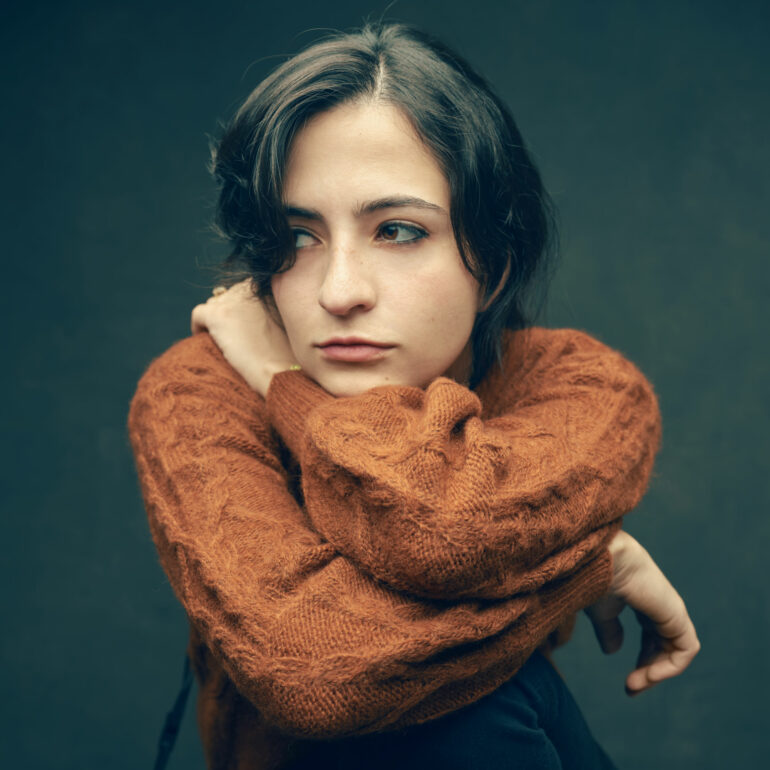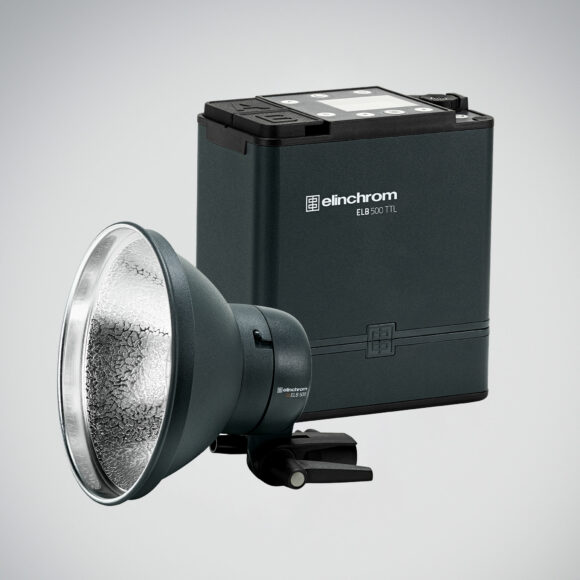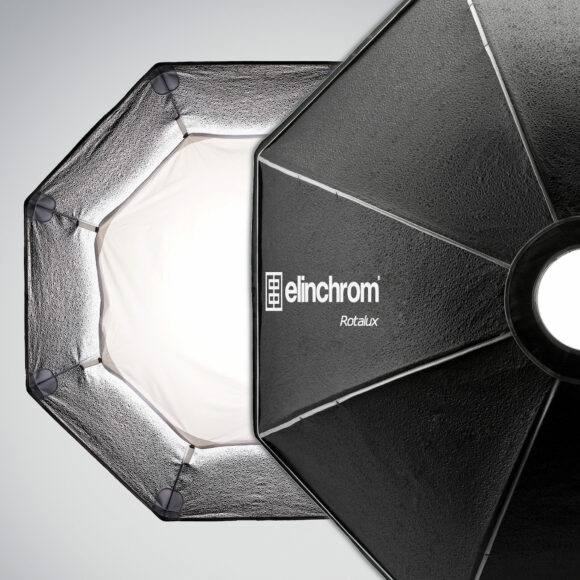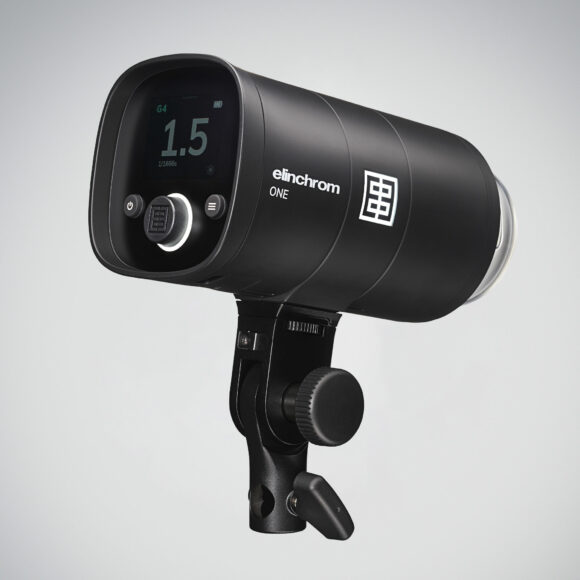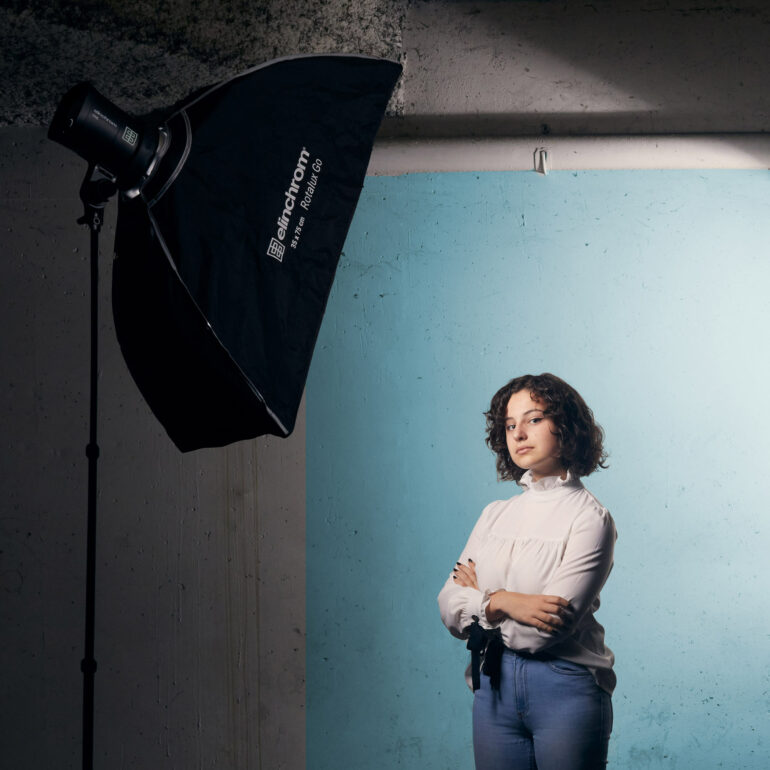Capturing emotion and connection in your portraits
To say Brenda is a portrait photographer is an understatement. We love how she encapsulates the stories and emotions of everyday to extraordinary people.
Let’s discover her world.
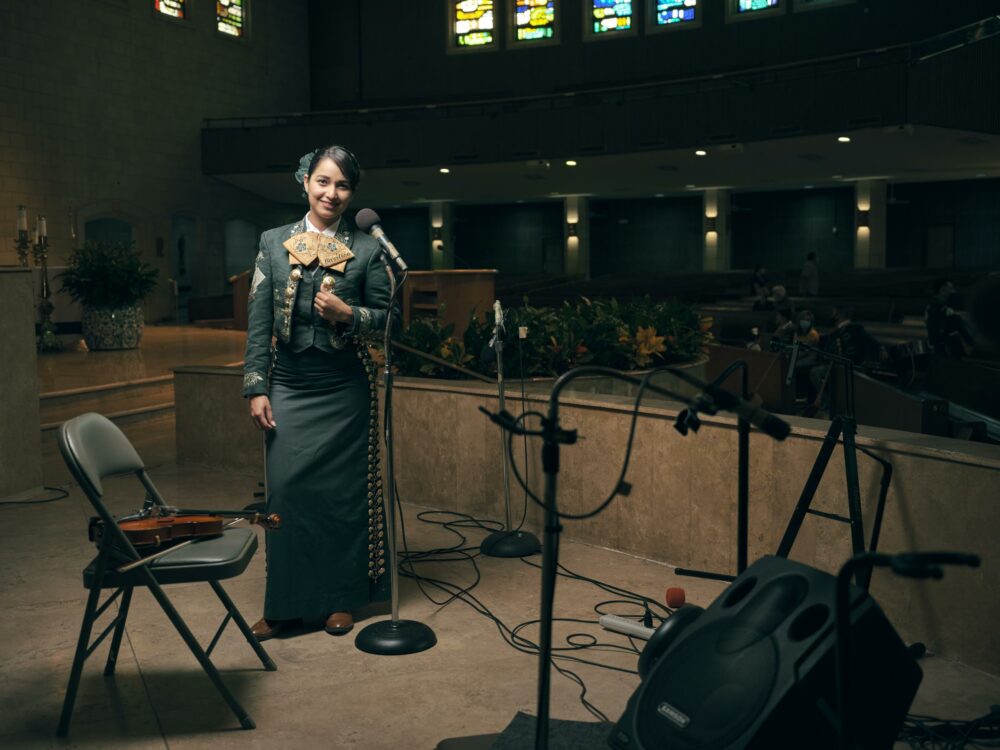
I am Mexican-American, and I live along the U.S.-Mexico border, just a stone’s throw away from the Rio Grande. My ethnic background, the pride I feel for my culture, and my connection with humanity and the environment are the main driving forces behind my work.
I consider myself a portrait photographer, but I try not to let that label limit my work. I can put on many hats as a photographer, but I always try to keep the human element in my photography one way or another.
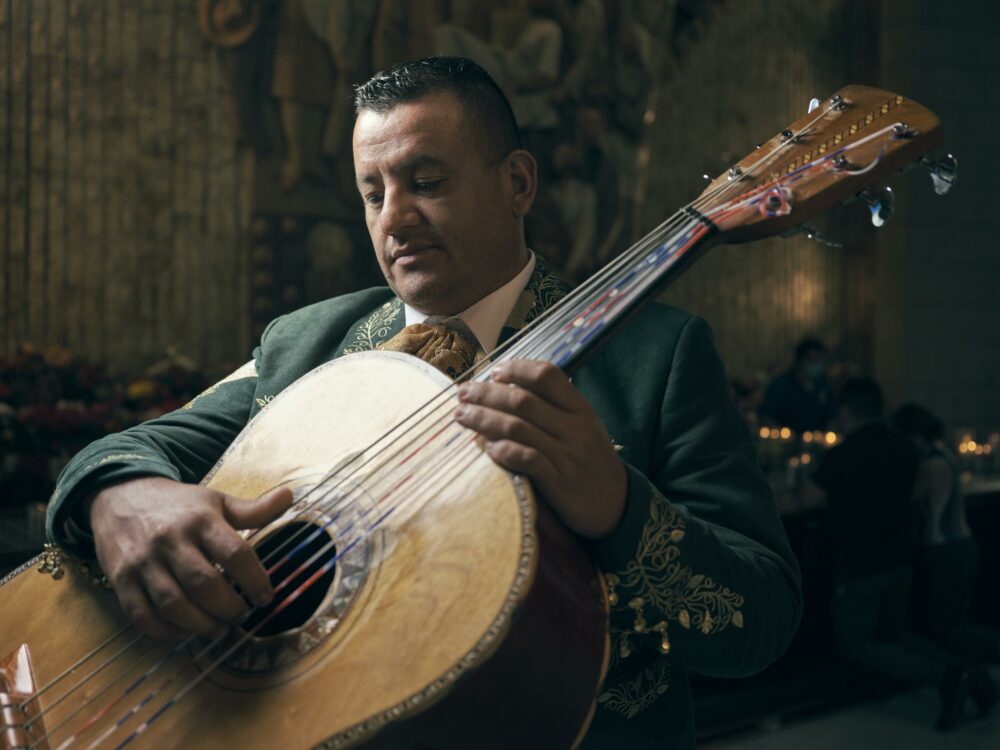
The connection
For my personal work, I try to photograph people I feel a connection with. It doesn’t need to be a personal connection, like being a close friend or anything like that. I try to seek something about my subject that I can photograph. It is important for me to know a little something about the subject. It is hard to describe it, but I guess I try to photograph something you can’t see or put into words, but you can feel through a portrait if that makes sense.
For example, for one assignment, I had to photograph a woman who had lost her husband to COVID-19. I had never met her, but I read her story, and it pained me.
When I took her portrait, I was photographing her grief.
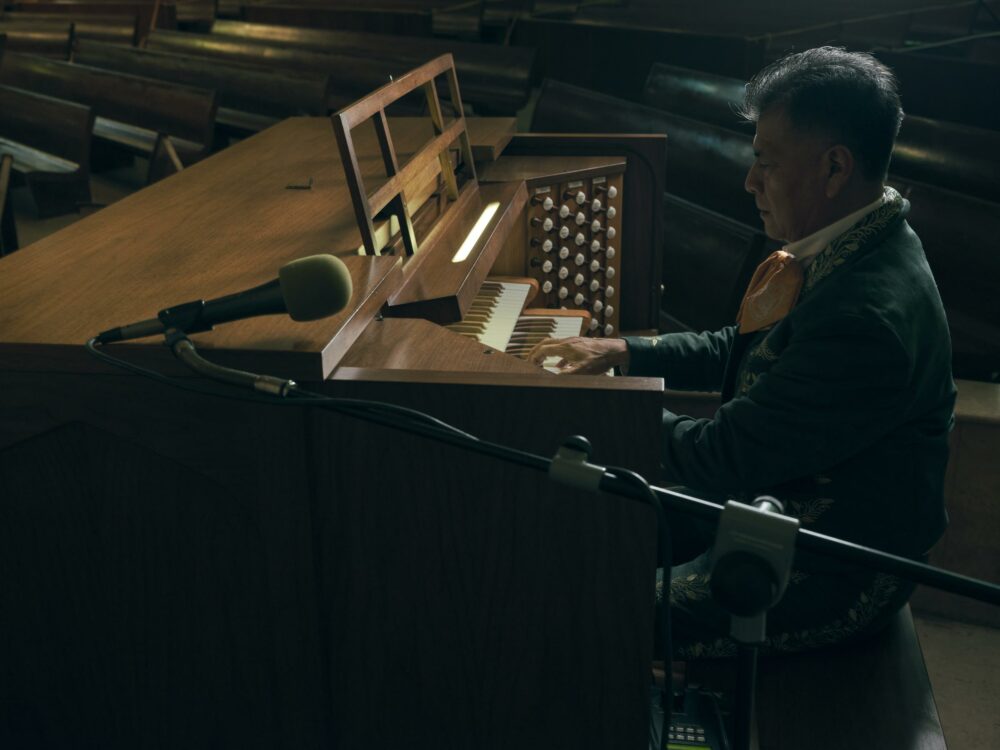
The story
My greatest motivation is telling stories. Sometimes I don’t know what the story is, but I know it’s there. The power of photography humbles me; it gives people a platform to speak without words. I want to photograph all kinds of people, those in power and those farthest from it, give them the spotlight, and let their portraits tell their stories. I also love nostalgia and the mundane.
One of the coolest projects I have done was a portrait series of artisans from Oaxaca.
From one day to the next, I was on a plane to Oaxaca instead of returning home from a trip. I stayed for two days shooting, then came back home to shoot for a dentist’s office!
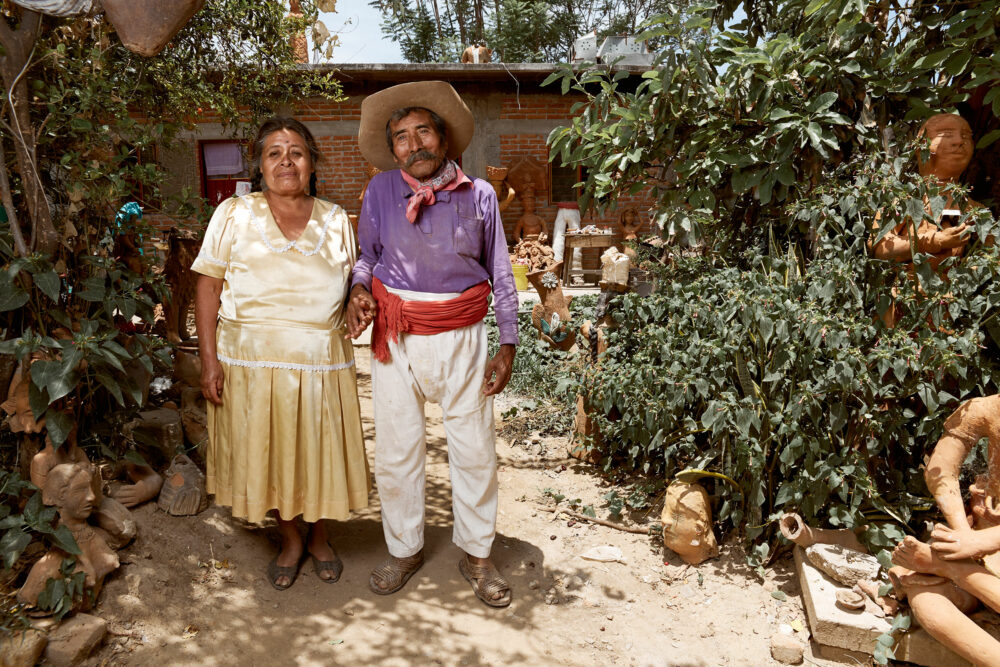
The power of photography humbles me; it gives people a platform to speak without words.
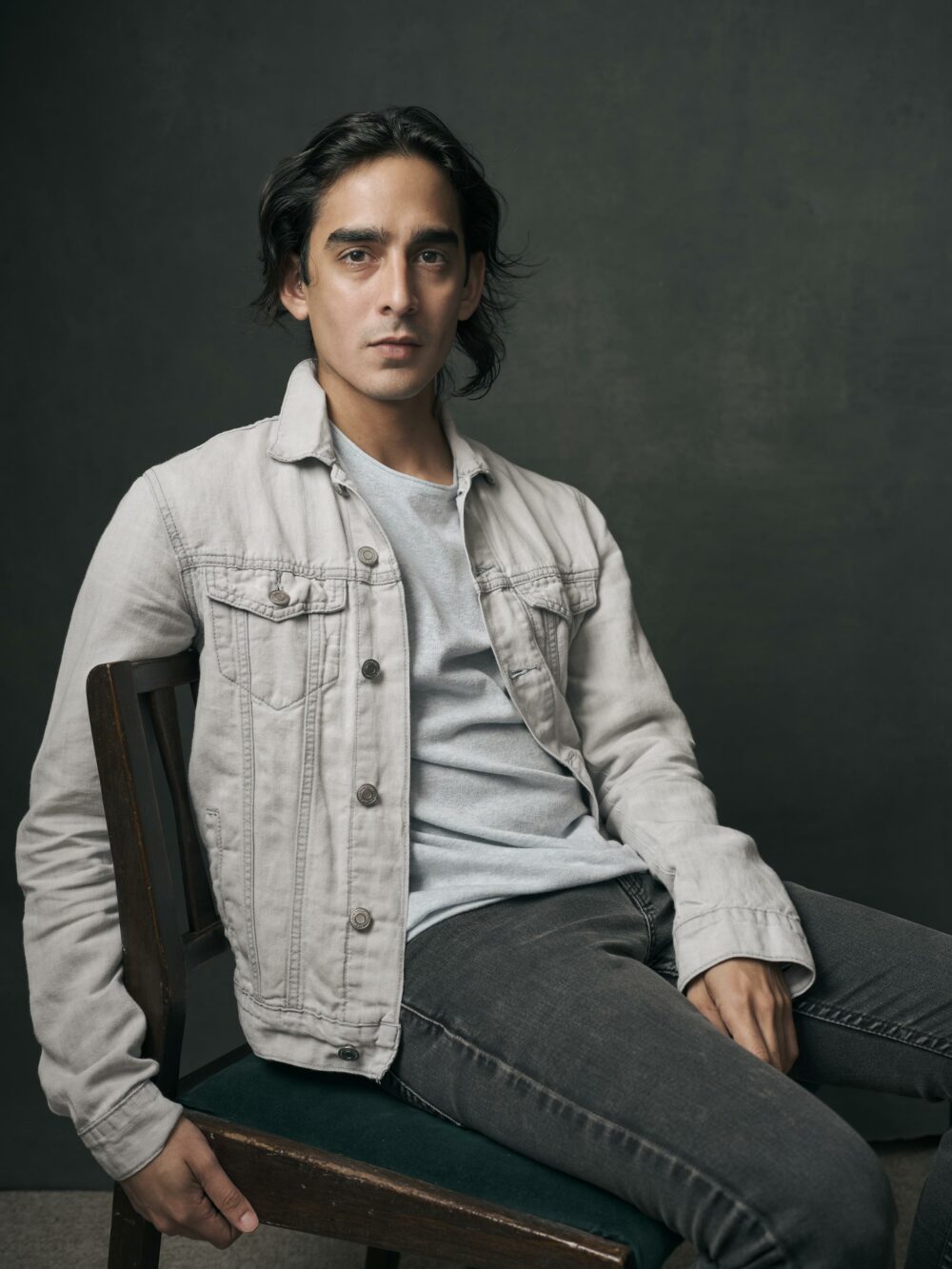
To be in Oaxaca was such an amazing opportunity.
I had admired Mexican crafts forever, and getting to meet some of the people who have dedicated their lives to creating them was truly inspiring. While in Oaxaca, I met a family whose craft was giant clay sculptures. Their garden was beautiful, filled with their creations. And their work was excellent! They had won many competitions.
Don Jose, the father, was the sweetest man. He was blind due to glaucoma, but he was still working as a sculptor, and his work was just as beautiful as before.
For one of his portraits with his wife, I asked them to step into their gallery and pose next to one of the sculptures. As soon as he touched it, he recognized it, smiled, and ran his hands through the face of the sculpture, saying how much he loved it and how beautiful it was.
That moment was very moving.
I always try to keep the human element in my photography one way or another.
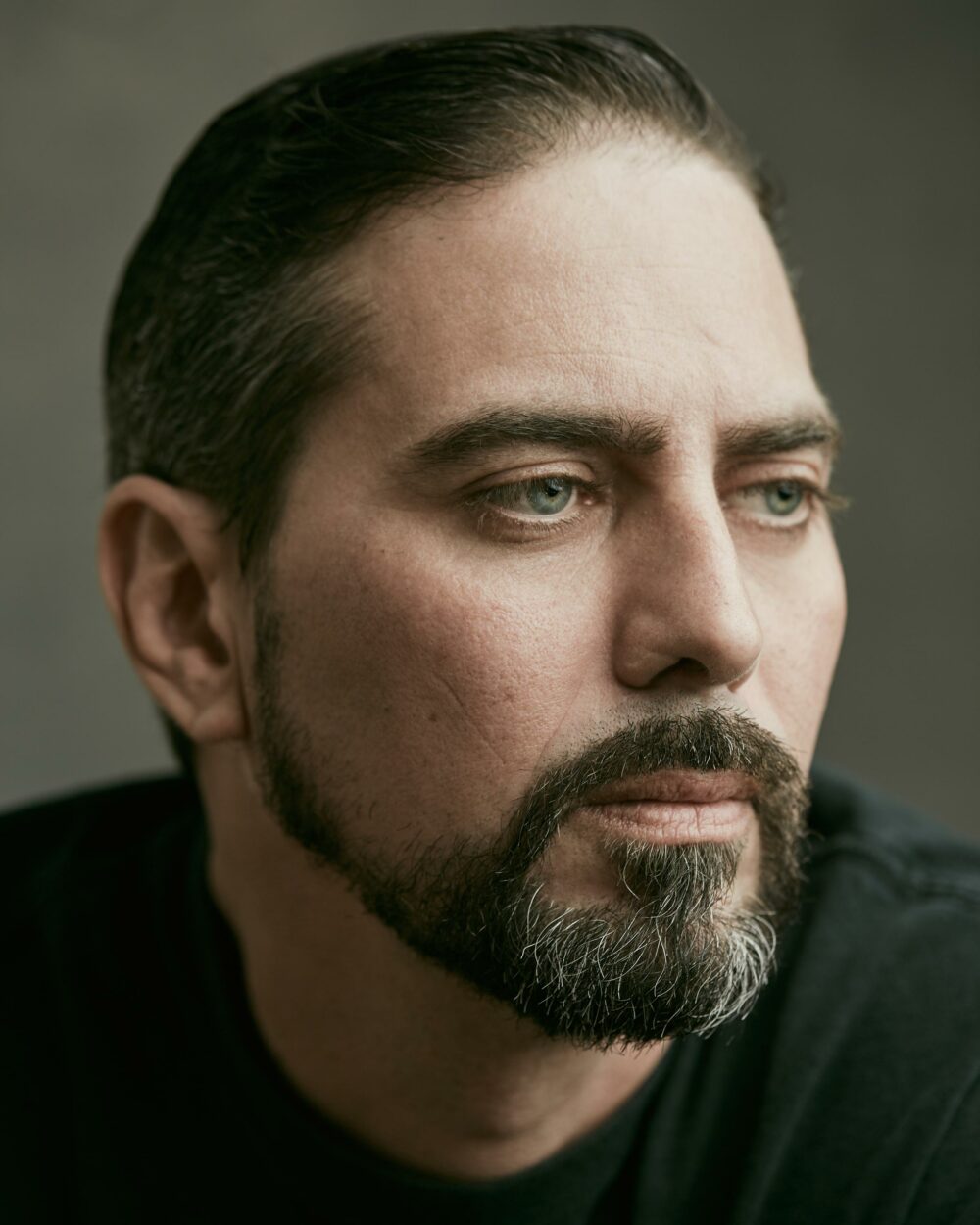
The style of light
I currently own an ELB 500 TTL kit; it is always ready to go. My favorite modifiers are the Rotalux Deep Octaboxes 100cm and 70cm. They have such a beautiful quality of light that I adore for my subjects.
I also have the Rotalux Softboxes. They are incredibly easy and fast to set up. They’re the best for assignments that need you to be quick. I just want to travel everywhere with them. I also use them in the studio; they’re great!
When we asked if Brenda’s lighting style has changed through her journey, she responded with “Absolutely!”
When starting portraiture, I was trying to make everyone look glamorous and stylish. But this was not consistent with my voice as a photographer.
Now when I photograph someone, I try to show their individuality. I am also not limiting myself too much to being in the studio, and I am adventuring more to other locations that help tell the story.
There are many projects I want to do next. Many are documentary projects about migrant life.
Another project I am eager to start is a series of portraits of LGBTQ+ people on the border. And for the next year, I want to challenge myself to get many publications sharing the stories I love.
When we asked Brenda what is inspiring her lately, she suggested Platon’s episode in ‘Abstract’ on Netflix:
He says he never thinks about a shoot before doing it because there’s no formula for people. There is so much truth to that; there is not much planning to do when you want to photograph the soul of a person.
I am adventuring more to other locations than the studio, to help tell the story.
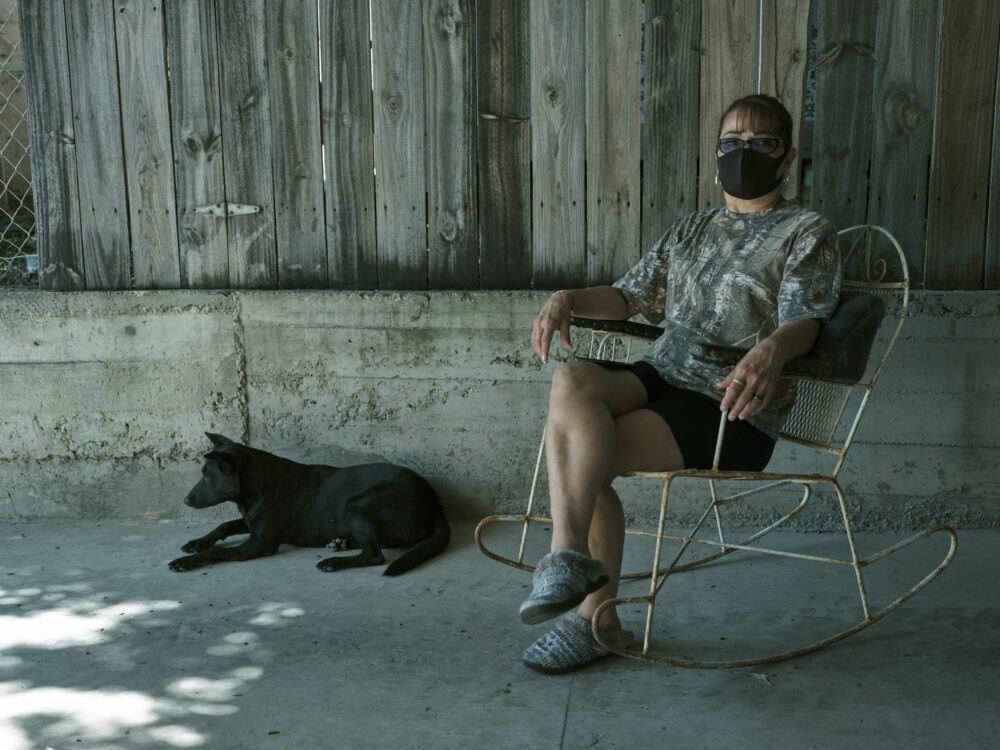
Follow your voice
Be grateful for every opportunity you get.
Follow your own voice and trust your instinct. Always remember why you fell in love with photography in the first place, and do that. Don’t go around trying to satisfy other people but yourself.
I fell in love with photography because of Time and Life magazine; I loved their photojournalism and portraits of iconic figures. After a few years of shooting other things and focusing on learning and mastering my craft, I am now doing some photojournalism and planning all of these projects I love! It all fell into place for me when the time was right.
